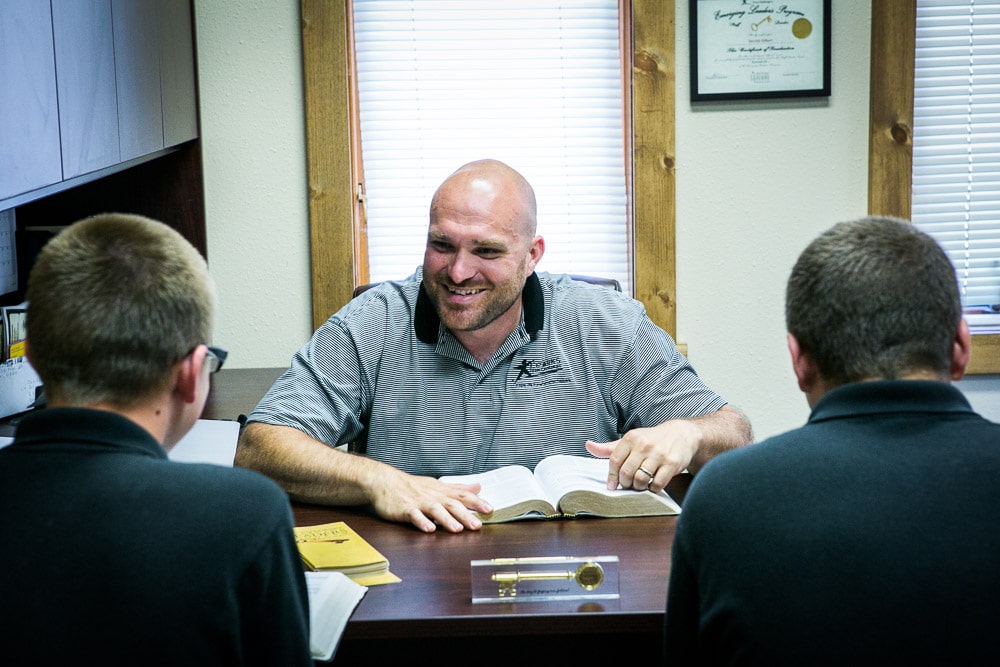Is It Time for an Intervention?
Sometimes, a loved one struggling with addiction doesn’t know how badly they’re hurting the people around them. They probably don’t even realize how destructive the habit is to their own life. Unfortunately, it’s extremely difficult for an addict to get better if they don’t want to get better. But you don’t also want to see them keep struggling. In these cases, an intervention might be the solution you need to help them see that they need help. But where do you start? Today in the Ozarks Teen Challenge blog, we explain how to stage an intervention.
Is an Intervention Necessary?
First, it’s important to understand the difference between a teenager who has an addiction or who is experimenting. If a teenager has a full-blown addiction, they have a physical dependence on a substance. Addiction is a disease that alters brain chemistry and that needs real treatment to cure.
Experimentation, on the other hand, is something that most teenagers will do. If you find a substance in your teenager’s room, you don’t have to immediately jump to conclusions. Talk to your teenager to find out what’s going on. A teen with addiction will have noticeable behavioral changes and won’t act like themselves. An intervention is necessary for addiction, but a simple and frank discussion can do when confronting your teenager about experimentation.
Preparing for the Intervention
Once you’ve decided an intervention is the necessary path, it’s time to prepare. Here are some steps you should take:
- Seek Professional Help – Reading about interventions online can only take you so far. Seeking out a professional who specializes in interventions will help facilities discussion and give you a better chance of reaching the person you’re trying to help.
- Choose Your Team – The people participating in the intervention should be loved ones that have been affected by the addiction and people who genuinely want the best for the person you’re trying to help. Choose people who you think have the best chance of getting through to your teenager.
- Choose a Time and Place – Choose a time that is convenient and a neutral space. You want the person you’re confronting to be comfortable, but not too comfortable like they may be at your house.
- Rehearse – Running through what you’re going to say can help you be prepared and stick to the script when it’s time for the real thing.
The Intervention
If you’ve hired an intervention specialist, they can guide you through this process, but some good things to keep in mind are:
- Being Prepared – Be prepared for anything. A teenager could have a volatile reaction to an intervention. The may get angry, they may break down crying, it all depends on the person. Just make sure to be prepared to deal with any reaction they may have.
- Be Calm and Stick to the Script – Make sure you calmly explain to your teenager how their addiction is hurting their loved ones and themselves.
It’s hard to predict the outcome of an intervention but, with persistence and a clear plan, you can convince your teen that they need help.
Contact Ozarks Teen Challenge
Ozarks Teen Challenge offers teen rehab. Contact us today for more information.









